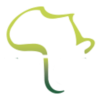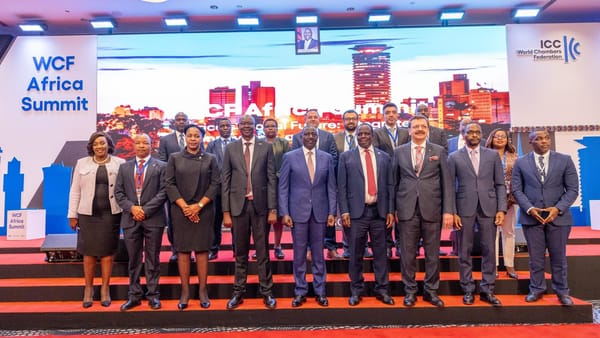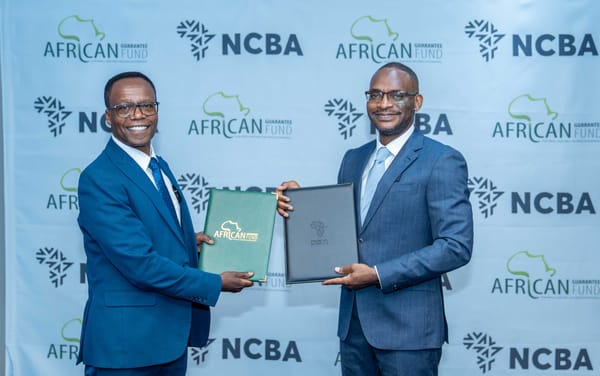South Africa’s USD 5 Billion Gender Finance Gap: AFAWA is Changing the Narrative
South Africa’s women entrepreneurs face a USD 5 billion financing gap, but with the AFAWA Finance Series, banks are being challenged to rethink lending practices, de-risk women-led businesses, and unlock billions in capital to fuel economic growth.
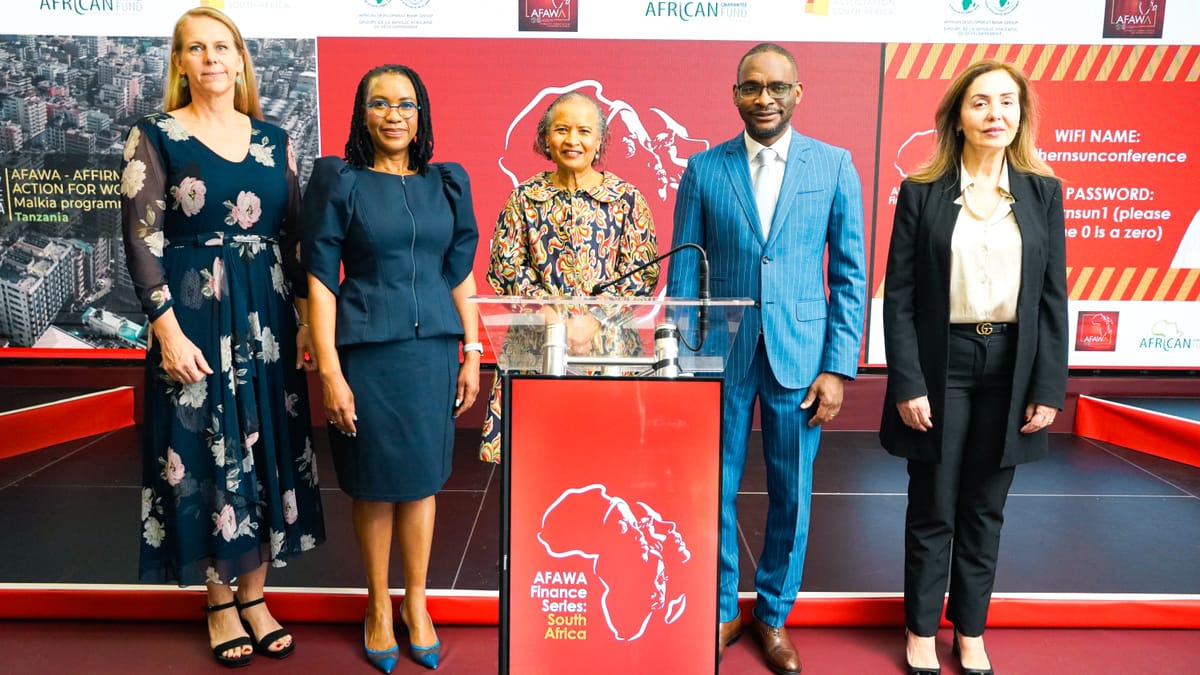
Women entrepreneurs in South Africa face a USD 5 billion financing gap, not because they aren’t capable, but because they are wrongly perceived as risky by financial institutions. This systemic challenge is holding back thousands of women-led businesses from reaching their full potential. But change is coming.
The 8th edition of the AFAWA Finance Series was hosted in Johannesburg, bringing together top financial institutions, government leaders, and international organizations to redefine women’s access to finance. Hosted by African Guarantee Fund, the African Development Bank (AfDB) and the Banking Association South Africa (BASA), the event was a critical step toward unlocking billions in capital for women-owned businesses.
Investing in Women is Not Charity, It’s Smart Economics
Despite research proving that women entrepreneurs are more reliable borrowers and reinvest more into their communities, many banks remain hesitant. Melissa Basque-Roux, AFAWA Coordinator at AfDB, is on a mission to change that:
“Our goal is to build a data-driven business case that proves women are bankable. We want to transform the financial landscape by offering guarantees, lines of credit, and gender-sensitive financial training to reassure financial institutions that investing in women is not just the right thing to do—it’s a smart economic decision.”
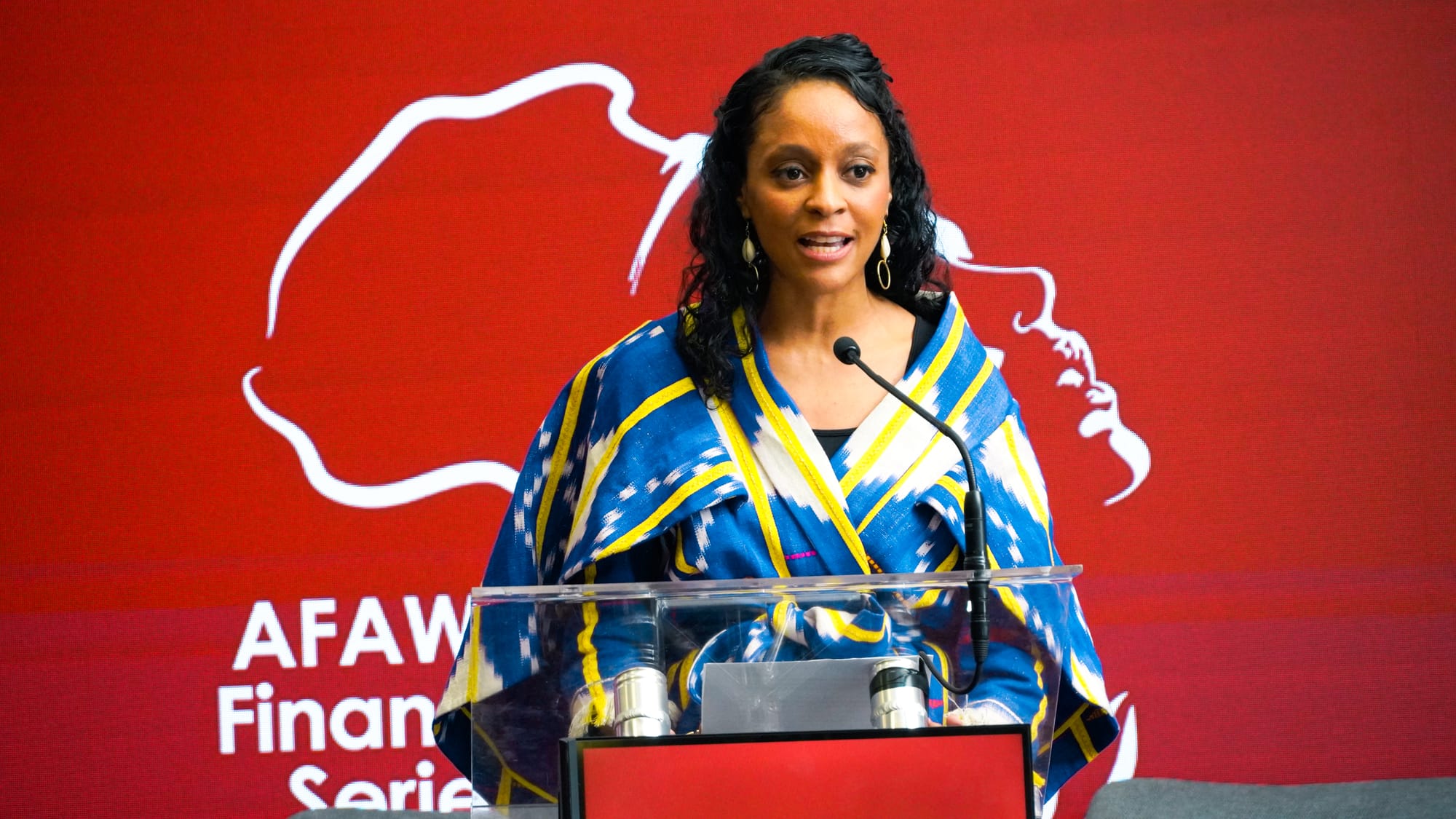
Through AFAWA’s Guarantee for Growth (G4G) program, banks are being encouraged to adopt gender-smart practices, de-risk lending, and develop financial products that truly serve women entrepreneurs.
Breaking Systemic Barriers in South Africa’s Financial Sector
The AFAWA Finance Series is not just about unlocking capital—it’s about fixing the financial system to work for women. Jules Ngankam, Group CEO of AGF, addressed the structural barriers:
“Women-led businesses in Africa continue to face systemic barriers, often due to discriminatory policies within the financial sector. Through AFAWA’s Guarantee for Growth program, we’re not just increasing banks’ appetite to finance women SMEs—we’re giving them the tools, knowledge, and incentives to do it profitably and sustainably.”
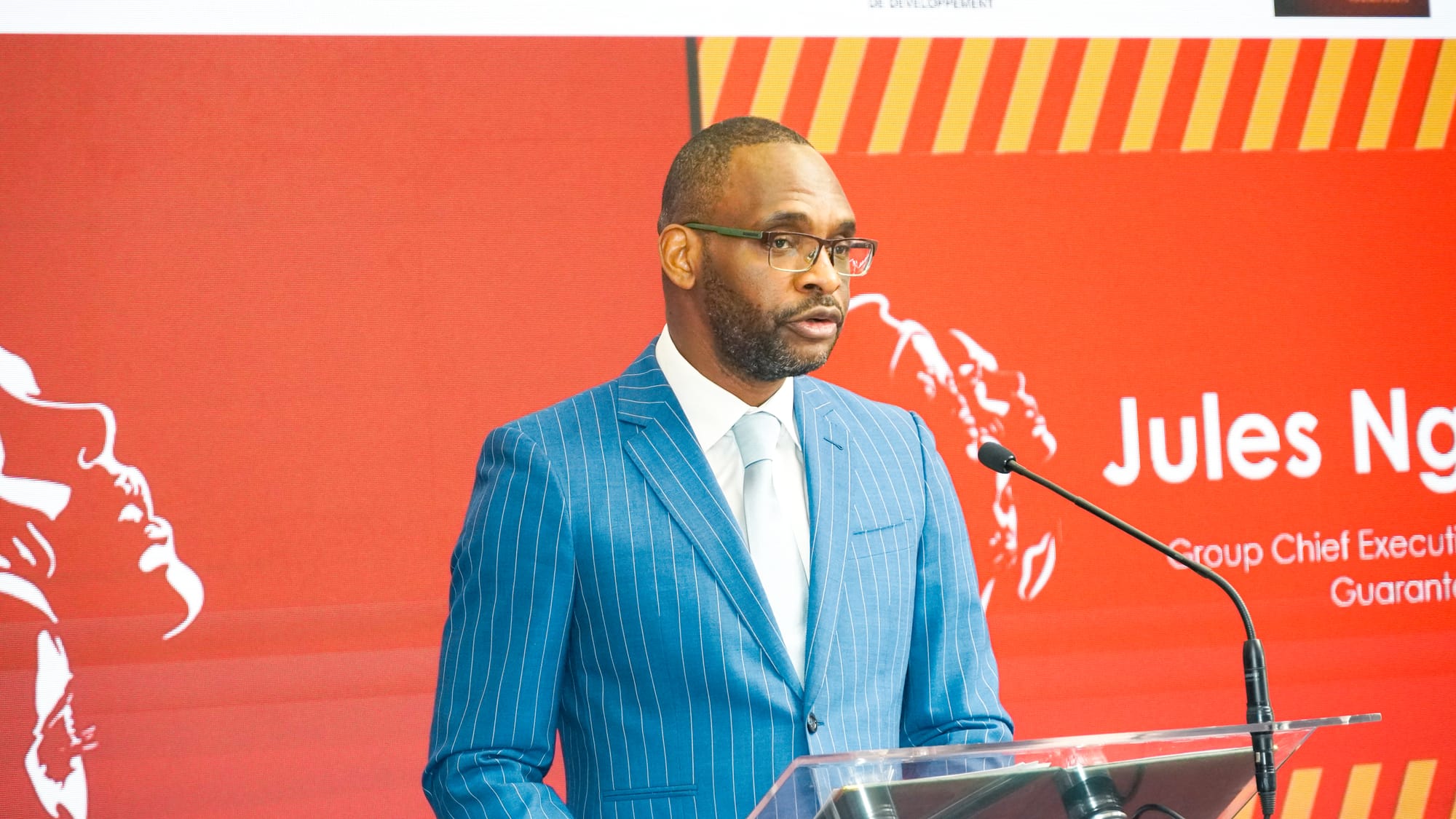
For South Africa’s financial sector, this isn’t just a social mission—it’s a business opportunity. Mary Vilakazi, Chairperson of BASA, highlighted the long-term benefits of supporting women entrepreneurs:
“At BASA, meaningful and sustainable transformation is key to our contribution towards mitigating social and structural inequalities in our economy. Partnering with the African Development Bank and AGF presents a sustainable way to increase and deepen financing to women-owned SMEs.”
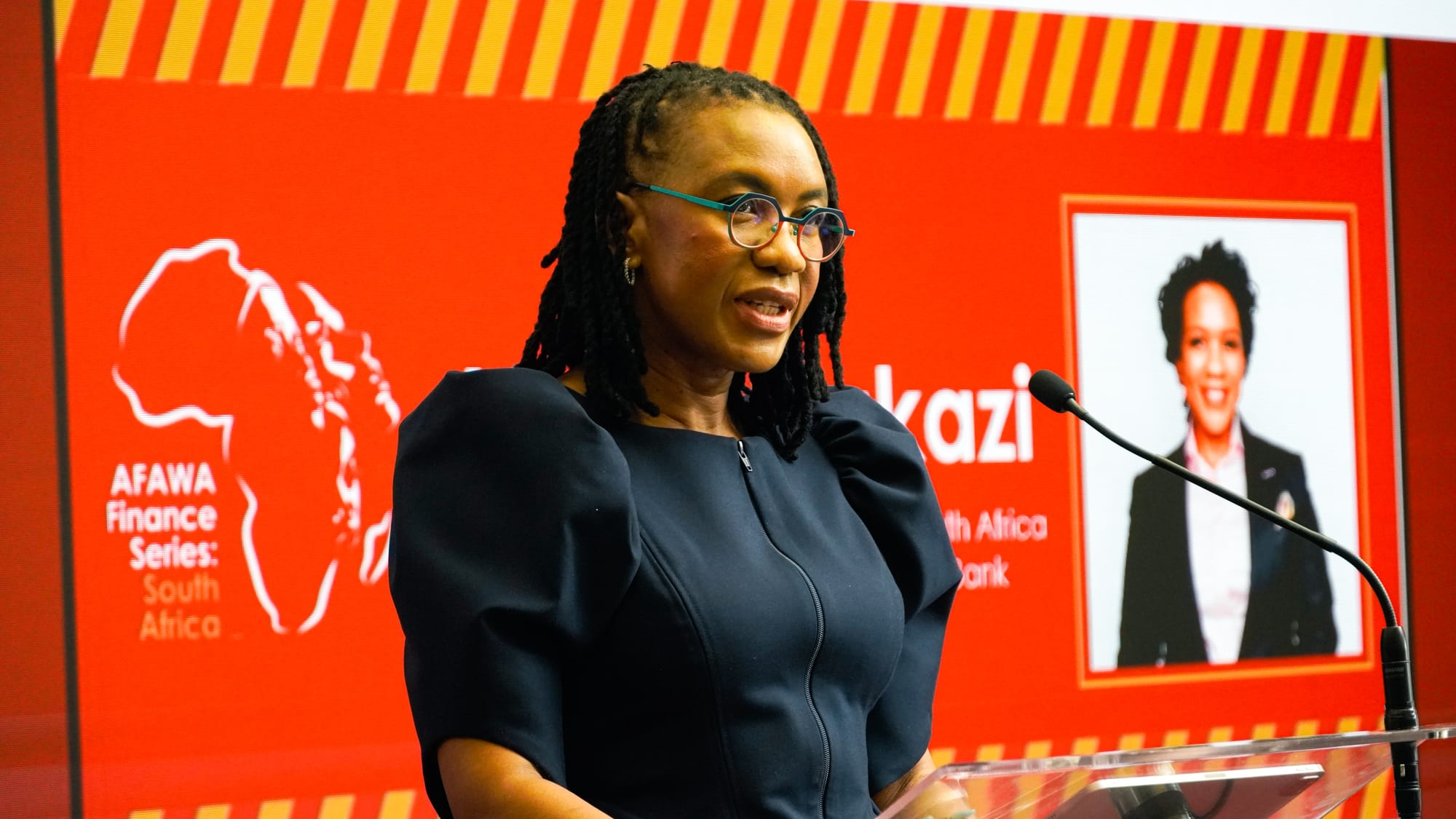
With USD 1.8 billion already approved and USD 1 billion disbursed to support over 18,000 women entrepreneurs across Africa, AFAWA is proving that when women thrive, economies grow.
With the AFAWA Finance Series taking place in South Africa, following successful editions in Tanzania, the DRC, Ghana, Angola, Nigeria, Kenya and Togo, the movement to reshape Africa’s financial landscape for women is unstoppable.
